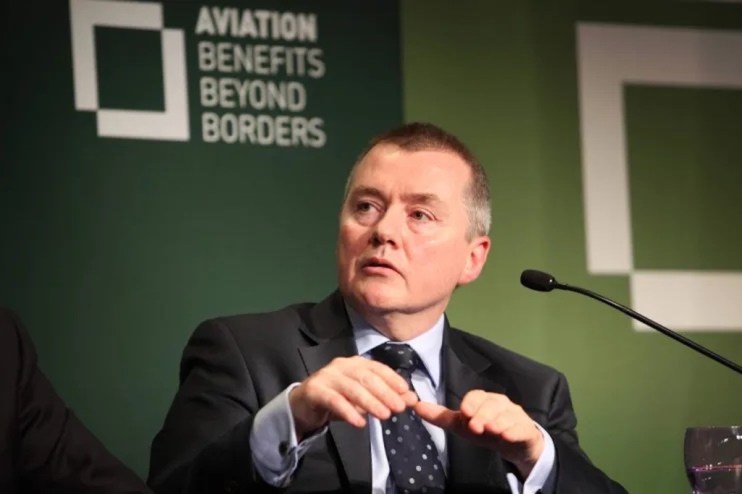Keep airlines’ record $1trn revenue in perspective, says former British Airways chief

The global airline industry is expected to make $1trn (£783.7bn) in revenue for the first time in its history next year, as passenger demand continues to break records in the post-Covid era.
The International Air Transport Association (IATA) on Tuesday forecast annual traffic would reach another all-time high of around 5bn, despite supply chain issues and rising geopolitical tensions continuing to hold back major carriers.
Such a huge revenue haul will spark concern over the ability of the industry to hit a goal of net-zero carbon emissions by 2050.
In its statement, IATA sought to play down the growth by noting profits per passenger are still “wafer thin.” They are expected to rise slightly to around $7 per passenger.
IATA’s director general and former chief executive of British Airways, Willie Walsh, said it was important to put the revenue figure “into perspective.”
“A trillion dollars is almost one per cent of the global economy. That makes airlines a strategically important industry. But airlines carry $940bn in costs. They retain a net profit margin of just 3.6 per cent.
“The buffer between profit and loss, even in a good year, is just $7 per passenger.”
There is growing skepticism over whether the world’s biggest carriers will be able to reach thier 2050 target. The industry has raked in unprecedented profit in recent years from so-called pent-up demand, driven by holidaymakers who were unable to fly during pandemic-era lockdowns.
Airlines are banking on biofuels known as Sustainable Aviation Fuel (SAF) and hydrogen to slash emissions without cutting flights, but both technologies are still decades away from being rolled out widely.
In a seperate statement, Willie Walsh described growth in SAF production as “disappointingly slow” in 2024. Production volumes reached 1m tonnes over the period, double what was produced in 2023 yet still significantly below prior estimates.
“Governments are sending mixed signals to oil companies which continue to receive subsidies for their exploration and production of fossil oil and gas. And investors in new generation fuel producers seem to be waiting for guarantees of easy money before going full throttle,” he explained.
“With airlines, the core of the value chain, earning just a 3.6 per cent net margin, profitability expectations for SAF investors need to be slow and steady, not fast and furious. But make no mistake that airlines are eager to buy SAF and there is money to be made by investors and companies who see the long-term future of decarbonization.”